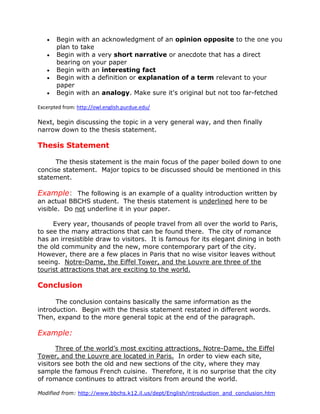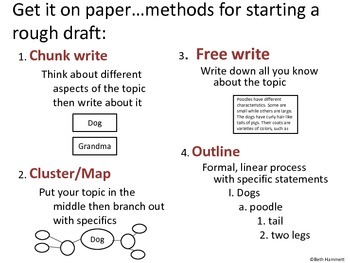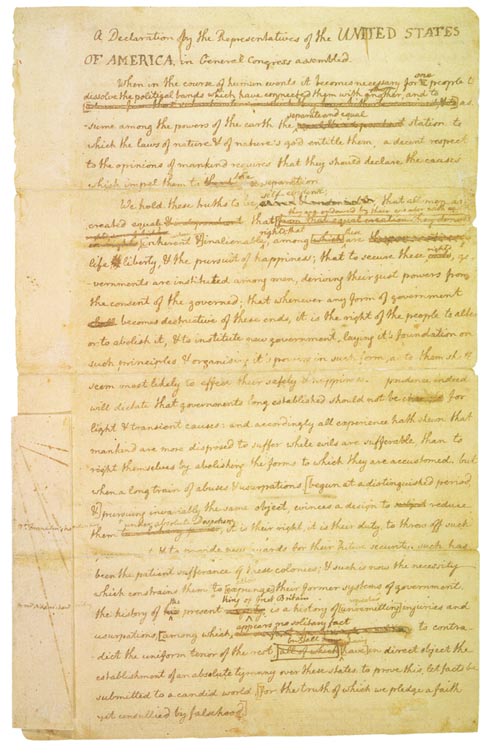Writing a good rough draft is an important step in the writing process. It allows you to get your ideas down on paper and start shaping them into a cohesive whole. While it may seem daunting at first, there are a few key strategies you can follow to help you write a strong rough draft.
First, it's important to start with a clear understanding of your purpose and audience. What are you trying to achieve with your writing? Who are you writing for? Having a clear sense of your goals and audience will help you stay focused as you write and ensure that your rough draft is relevant and effective.
Next, it's helpful to brainstorm and organize your ideas before you start writing. You might create an outline, mind map, or list of key points to help you structure your writing and ensure that you include all of the important information. This will also help you identify any gaps in your knowledge or understanding, so you can do further research if needed.
As you begin writing, try to focus on getting your ideas down on paper rather than worrying about grammar and style. Your rough draft is just that - rough. It's okay if it's not perfect. The goal at this stage is to get your ideas out of your head and onto the page.
It's also a good idea to set a goal for each writing session, whether it's a certain number of pages or a certain amount of time. This will help you stay motivated and make progress even if you don't feel like you're writing perfectly.
Finally, try to be open to feedback and revision. As you work on your rough draft, you may discover that some of your ideas don't fit together as well as you thought they would, or that you need to add or remove information. Don't be afraid to make changes and adjustments as you go - it's all part of the writing process.
In summary, writing a good rough draft involves understanding your purpose and audience, brainstorming and organizing your ideas, focusing on getting your ideas down on paper, setting goals, and being open to feedback and revision. By following these strategies, you can create a strong foundation for your writing and set yourself up for success as you continue to develop and refine your work.








